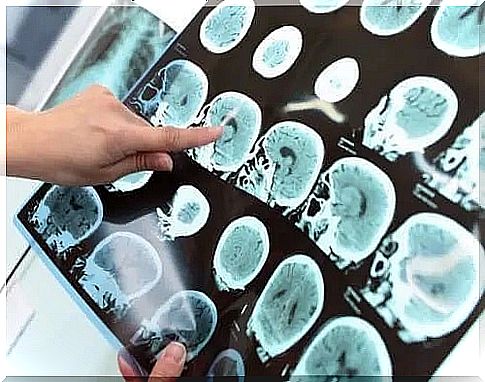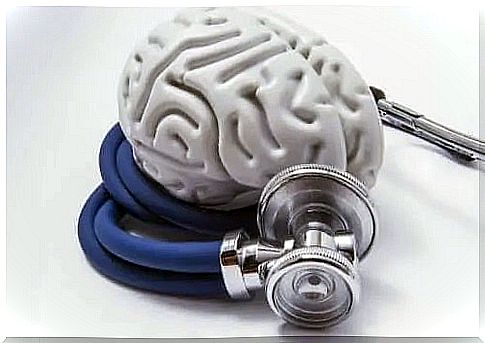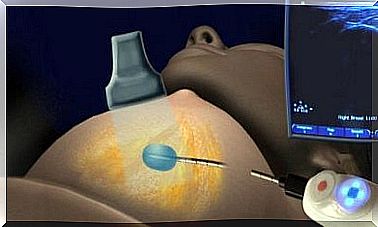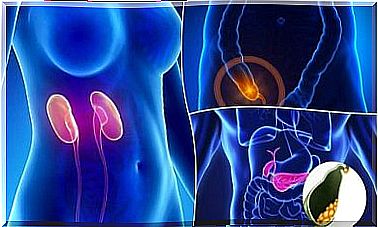Major Neurocognitive Disorder (dementia)

The major neurocognitive disorder, also known as dementia, is a condition that involves neuronal damage and a decrease in brain function. Over time, the affected person will lose their autonomy even when it comes to simple tasks.
Neurocognitive disorders mainly affect memory, perception and problem-solving skills. These are what many doctors call “neurocognitive functions.”
The most serious neurocognitive disorders are amnesia, dementia and delirium. Dementia, or major neurocognitive disorder, occurs especially in people over the age of 60.
Today, as life expectancy increases, the consequences of aging are becoming more apparent, and major neurocognitive disorder has become a global problem. Unfortunately, there is no cure for this disease. However, the good news is that symptoms may decrease with proper medical treatment.
Major neurocognitive disorder (dementia)
Symptoms and stages of the disease

Also, memory loss becomes more severe and more frequent. Patients may become disoriented even in their own home and may experience mild episodes of amnesia. In addition, they may experience communication difficulties.
Major neurocognitive disorder (dementia) and Alzheimer’s disease

Alzheimer’s disease is the most common form of dementia. In fact, this disease occurs in 60-80% of cases with a diagnosis of major neurocognitive disorder. There is currently no cure for Alzheimer’s disease or any other major neurocognitive disorder.
However, there are a number of treatments that focus on ameliorating or delaying the onset of symptoms. This means improving the quality of life of the diagnosed person. Currently, Alzheimer’s disease is one of the main priorities in biomedical research.
Treatment for major neurocognitive disorder
As mentioned above, there are still no remedies for major neurocognitive disorders. Therefore, the progressive development of the disease is inevitable, and treatments are focused exclusively on improving the patient’s quality of life.
First of all, we need to mention how important the job of nursing teams, doctors and social workers is, because this is a multifactorial disorder. In addition, the role of the main caregiver is fundamental in the treatment of this condition, because the evolution of the disease depends on it. It is very important to prevent complications that occur after treatment or its side effects.
Family support is essential, as a person with Alzheimer’s disease should never be alone. Occupational therapies and support networks can also be very helpful.
In some cases, it is important to prevent secondary complications of the disease, such as hypertension, high cholesterol or obesity. The idea is to act against any risk factor that can lead to the rapid worsening of this relentless condition.
In addition, there are several treatments for the symptoms of major cognitive impairment. These symptoms may include hallucinations, delusions, depression or aggression, among others. The types of drugs used in these cases are antipsychotics, antidepressants and anticonvulsants.









